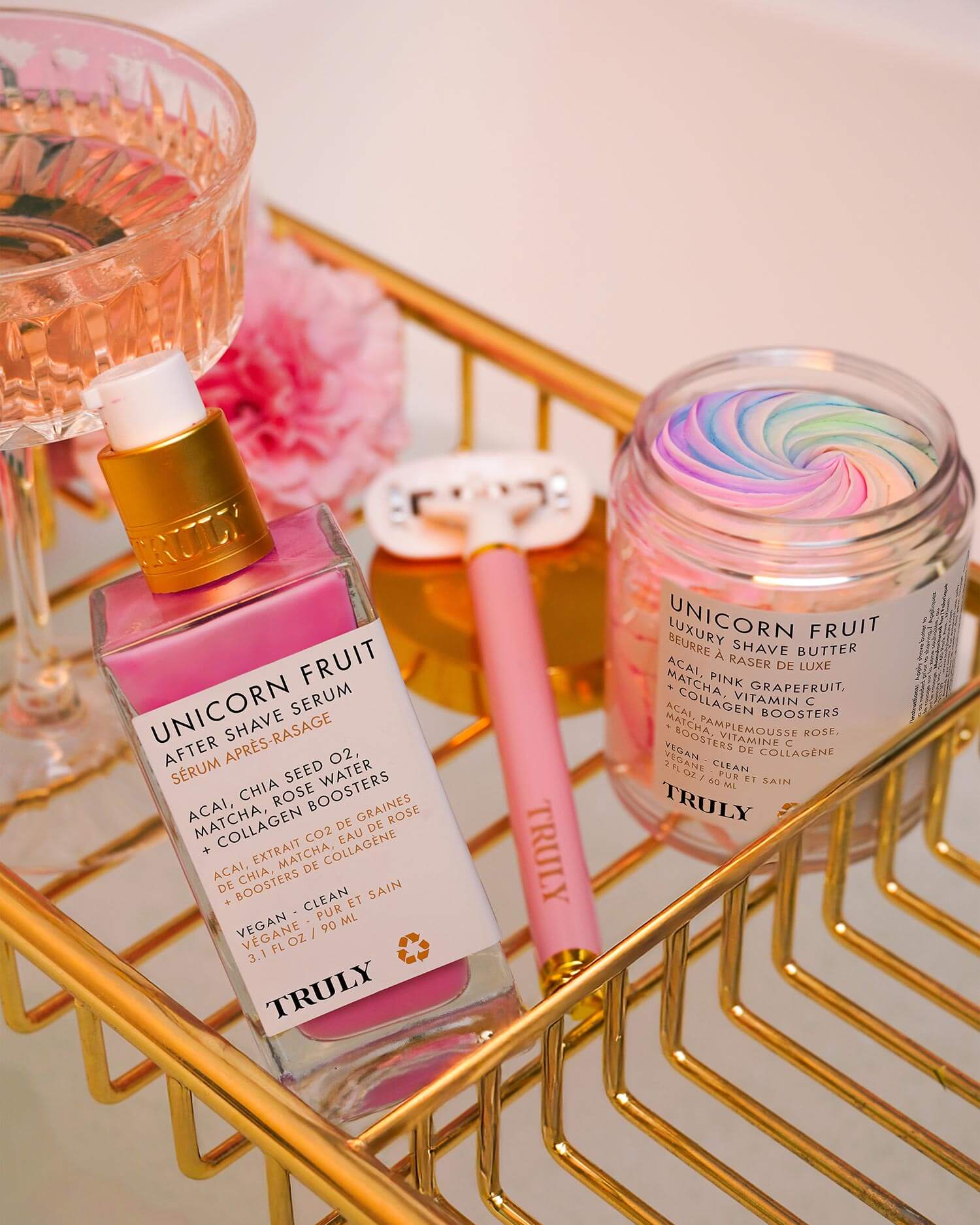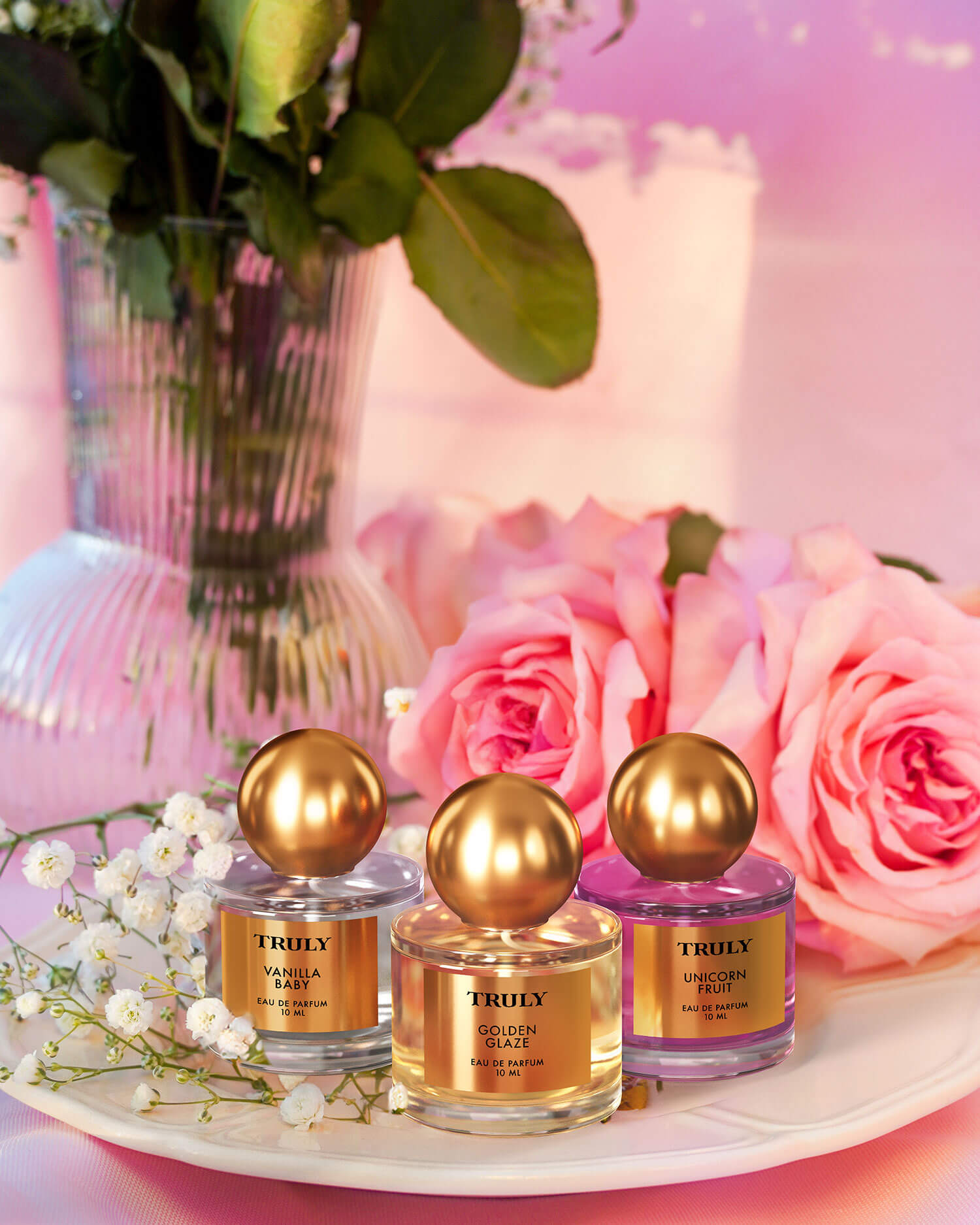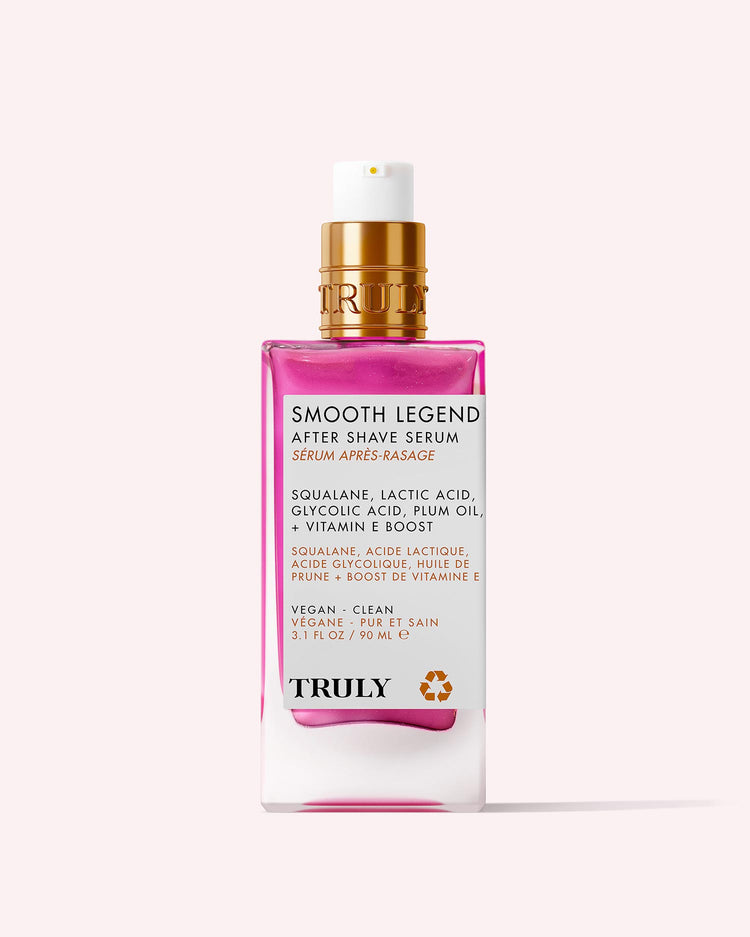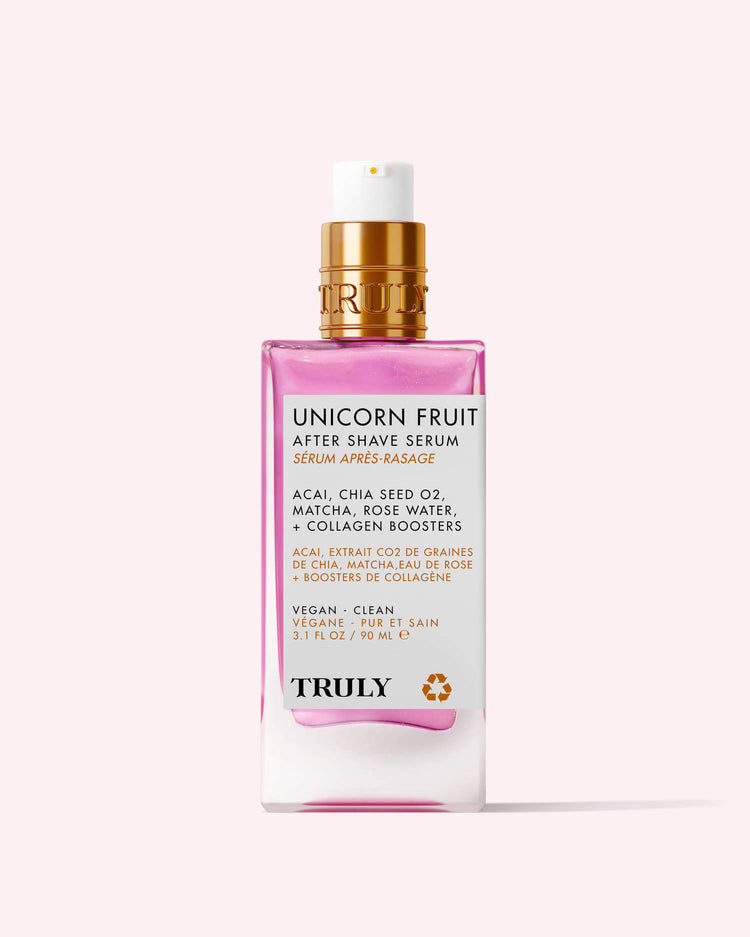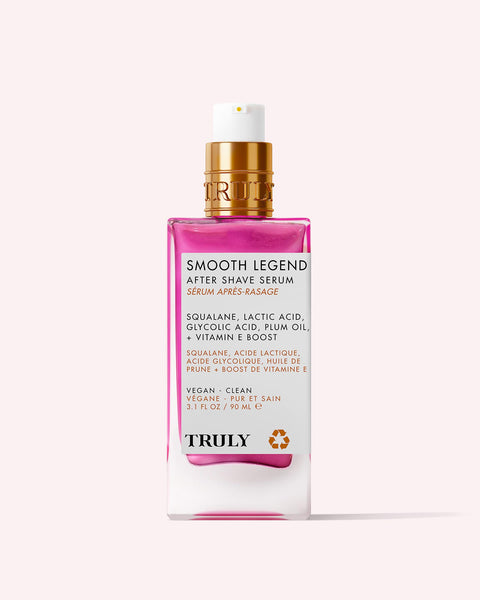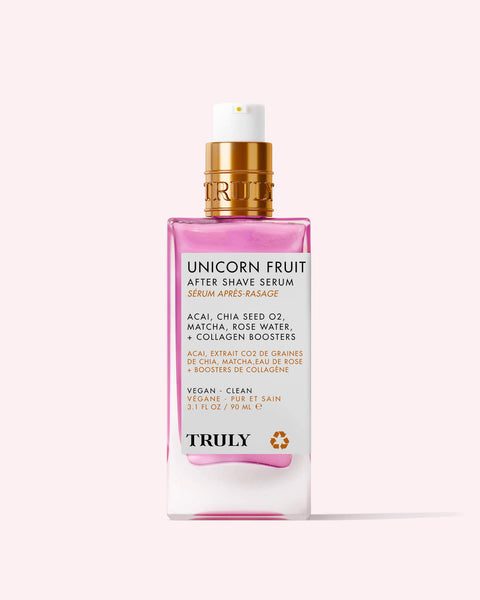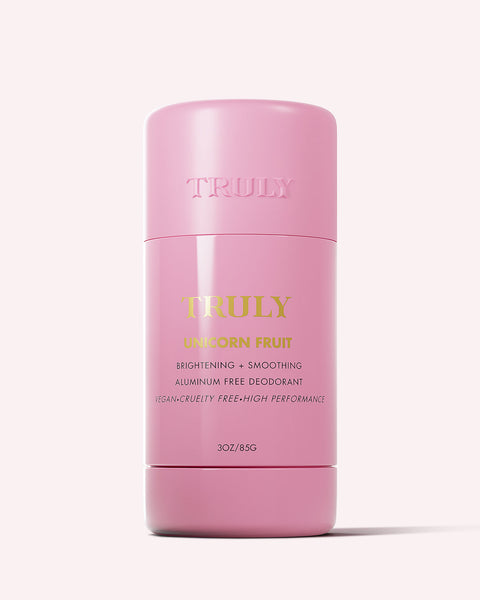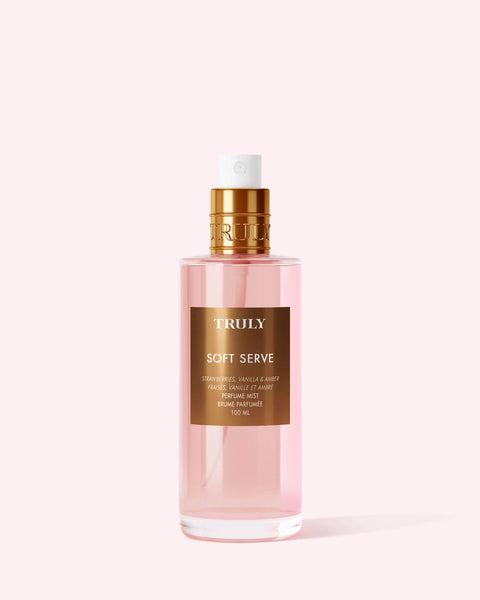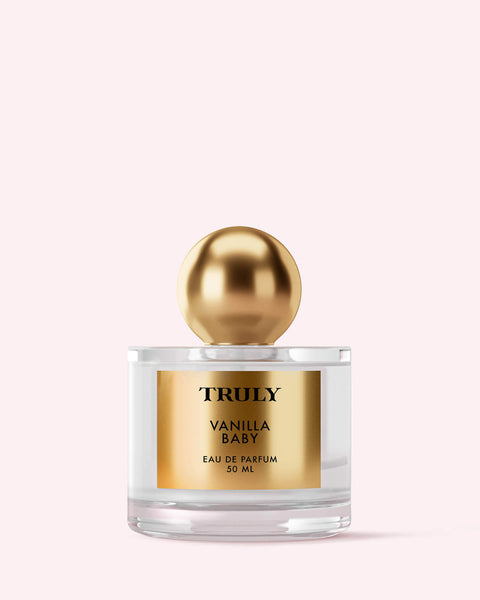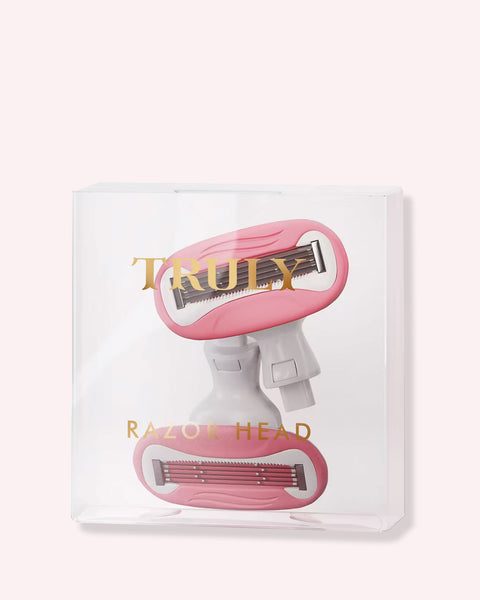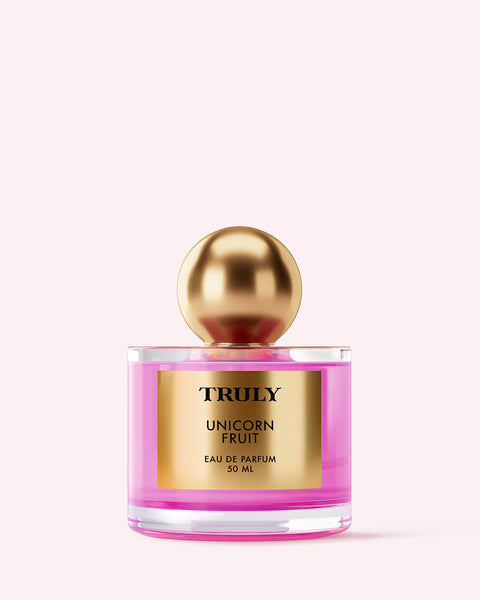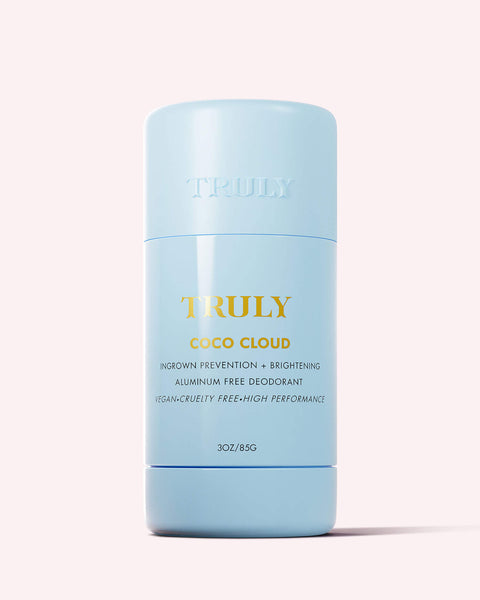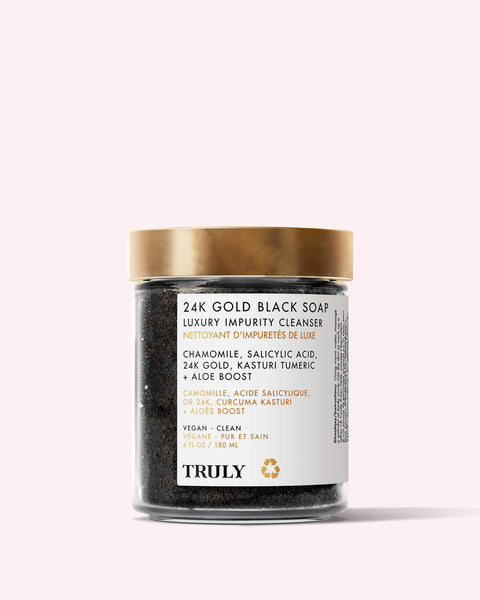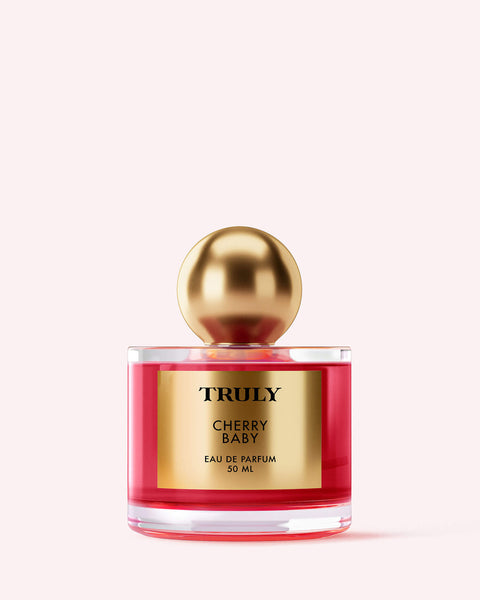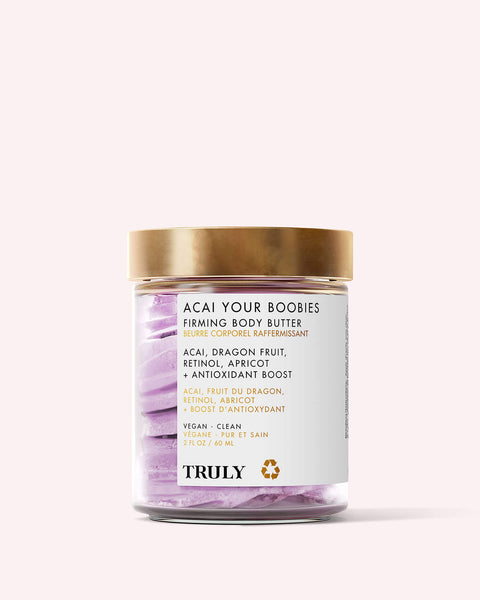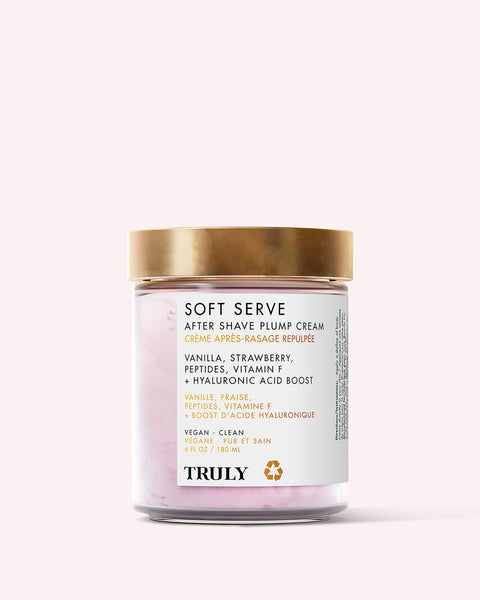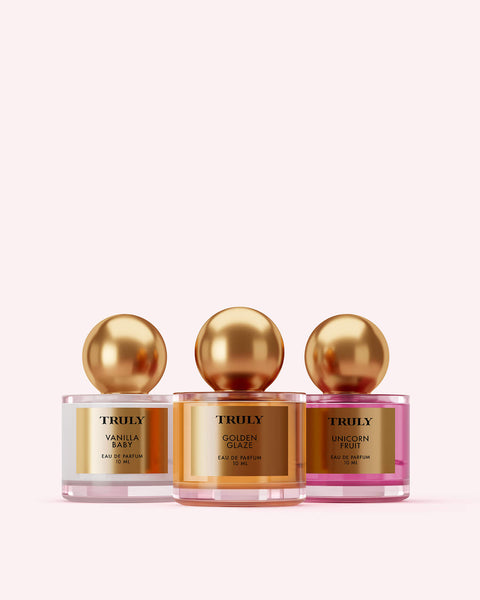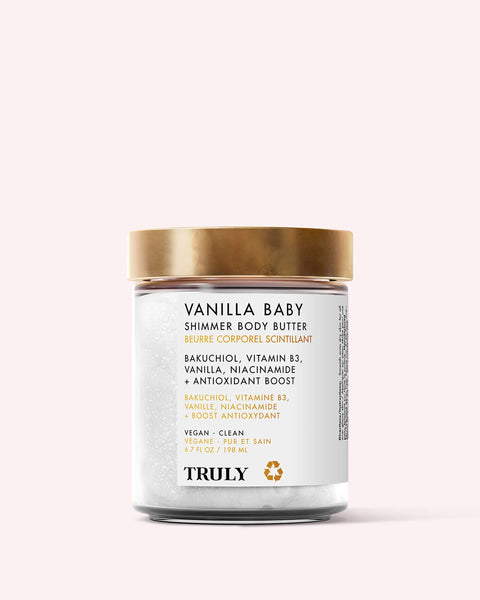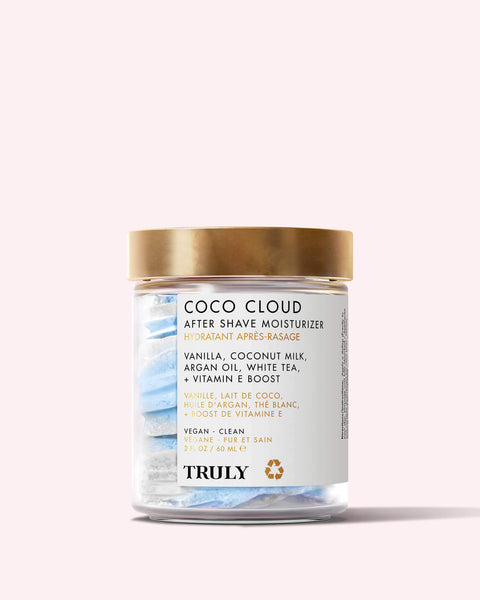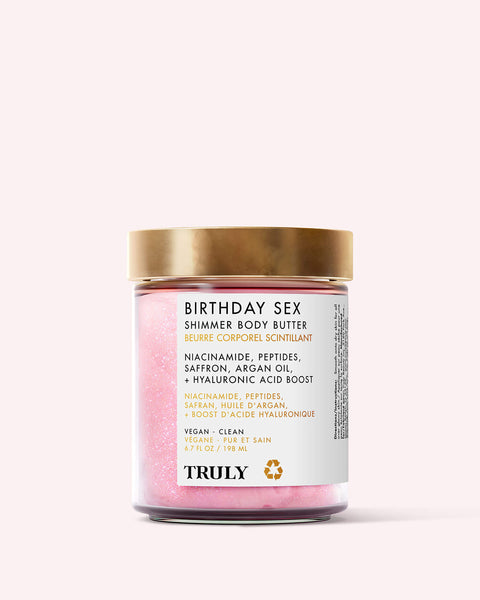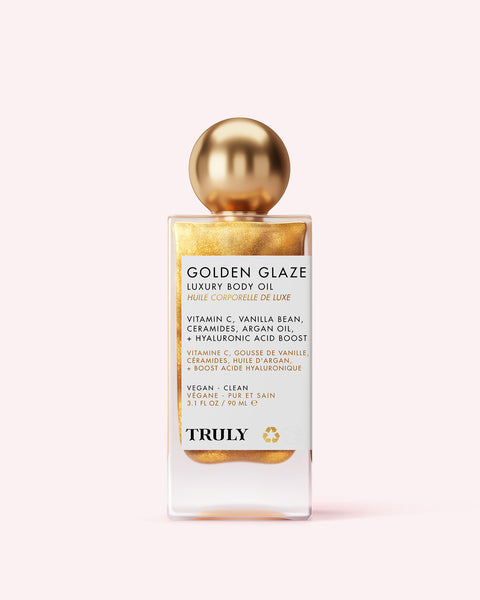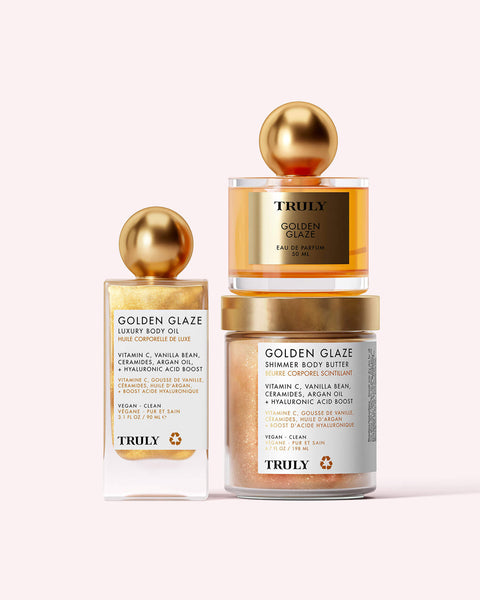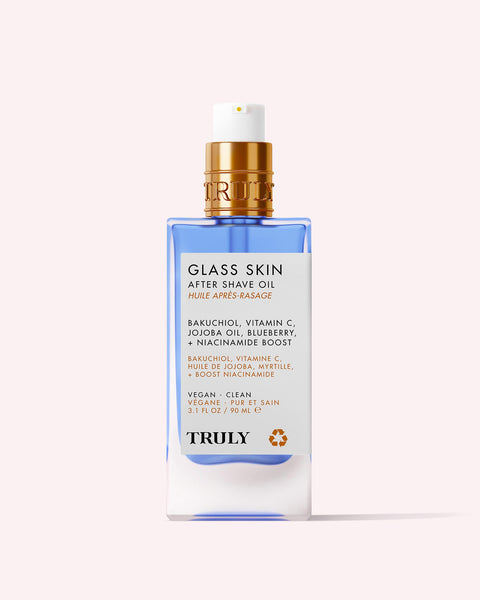Exfoliating Myths: How to Buff the Right Way

Exfoliation is one of the best things you can do for glowing skin, but it can be tricky -- especially if you're a newbie. You can over-exfoliate, choose the wrong type of product, or even under-exfoliate.
We're here to set the record straight and debunk seven of the biggest myths surrounding exfoliation.
Myth #1: You Should Exfoliate Every Day
While you can exfoliate every day, it depends on the type of exfoliator you're using and your skin type. Those with sensitive skin or dry skin, for instance, would not benefit at all from exfoliating daily since it may irritate the skin and lead to enhanced dryness. That said, dermatologists generally don't recommend exfoliating every day unless you're using a verrrry gentle formula -- and your skin can handle it!
Most pros recommend keeping your exfoliation sessions to two or three times a week -- less if your skin is super dry or sensitive. If you favor a physical exfoliator, 1-2 times per week is more than enough to keep skin clear, healthy, and glowing.
Myth #2: Chemical Exfoliants are Better Than Physical Exfoliants
There are two types of exfoliation: chemical and physical. Chemical exfoliation involves the use of Alpha Hydroxy Acids (AHAs), Beta Hydroxy Acids (BHAs), or fruit enzymes to dissolve the glue that bonds cells together, making it easy to slough off dead skin cells. Physical exfoliation works solely on the top layer of skin, and relies on granular agents like sugar and salt to buff away dead cells.
Both are great for stimulating cell turnover and ultimately brightening skin, minimizing fine lines and wrinkles, and fading hyperpigmentation, but the exfoliation method you use is ultimately up to your skin’s tolerance. Sensitive skin types, for instance, would be better off with chemical exfoliants.
Chemical exfoliants glycolic acid and lactic acid are particularly effective for treating acne-prone skin. However, oily skin types can benefit from a mix of both methods to maintain clear, healthy skin.
Myth #3: Sensitive Skin Types Should Not Exfoliate
Sensitive skinned people are best off using a gentle chemical exfoliator, such as lactic acid. While they're advised against harsh face scrubs and body scrubs, the derms say they still need to exfoliate to keep excess oil, product buildup, and sweat from clogging the pores. It's always best to limit exfoliation sessions to once or twice a week.
Myth #4: Exfoliation is an Optional Skincare Step
Toners are optional. Exfoliators are a staple in your skincare routine. When you don't exfoliate regularly, dead skin cells accumulate on your skin's surface, stealing your glow and preventing other skincare products from working their best.
To prevent breakouts and blackheads, and ensure those fancy serums work to their full potential, make exfoliation a regular part of your skincare regimen. Exfoliation is definitely not optional.
Myth #5: Exfoliating Leaves Skin Super Dry
Exfoliation isn't exactly hydrating, but it isn't drying either.
"Your skin’s moisture levels depend on oil production and hydration from within, not from exfoliation removing moisture," says Christie Kidd, PA-C skin expert. Exfoliation, she says, exposes fresh skin underneath so it might feel drier, but that doesn't mean you're dealing with dryness.
If you are experiencing severe dryness or tightness, you're probably over-exfoliating, so give your skin a break between sessions.
Myth #6: You Only Need to Exfoliate Your Face
Exfoliating products aren't just designed for your face. Body exfoliators exist too -- and for good reason. Just like your face, your body can experience an accumulation of dead skin cells. To improve how your skin looks and feels, apply a gentle scrub or chemical exfoliant to the face and body 2-3 times per week.
If you're acne-prone, turn to blemish-busting ingredients such as salicylic acid or glycolic acid. Looking to fade fine lines and wrinkles? Go for retinol! Always apply sunscreen of at least SPF 30 after exfoliating if you're doing it in the day time.
Myth #7: Exfoliating is Bad for the Environment
Microplastics -- those tiny beads in your scrubs -- are BAD for the environment! Luckily, you've got other, eco-friendlier options. We love using jojoba beads and natural sugars in our formulas. They're just as effective at buffing off dead skin cells without leaving a huge dirty footprint on the planet.
Shop Exfoliating Skincare Products
Moon Rocks Whipped Body Scrub
A lightly whipped sugar scrub made with a nourishing base of organic coconut oil, brightening lavender, and protective vitamin E to polish and glow-ify dull, dry skin. Apply in circular motions to buff away dead skin and boost levels of glow.

Blueberry Kush CBD Body Scrub
The anti-inflammatory and antioxidant collab between CBD and blueberry is everything you need for radiant skin. Made with a base of sugar and an AHA/BHA boost, this clarifying body scrub buffs away dead skin to detoxify and illuminate. Follow up with a lightweight lotion for an extra glow boost!

CBD Jelly Toning Solution
Hemp Jelly toner uses a combo of glycolic acid to cleanse away dirt and exfoliate skin and hemp to soothe redness and provide moisture. The end result? A clearer complexion, even skin tone, improved texture, and a healthy skin barrier. Use after your cleanser to purify pores and ward off breakouts.

Mary Jane Glow Serum
This collagen-boosting formula delivers powerful antioxidants to resurface, firm, and brighten while replenishing essential hydration. Infused with redness-reducing hemp, exfoliating glycolic acid, and cell turnover-stimulating retinol, this serum promises smoother, brighter, younger-looking skin.

Matcha Scrub
Natural sugar and Dead Sea salt granules blend with antioxidant-loaded green tea for an invigorating, smoothing scrub. This green-hued whipped scrub delivers gentle exfoliation without being too abrasive or causing micro-tears to the skin. Used regularly, it can help reduce blemishes, fine lines, discoloration, and wrinkles.

As you can see, exfoliation is a crucial part of any skincare routine. Still, there are things you should know about this skincare step if you want to get the most out of it and avoid any unwanted side effects.
